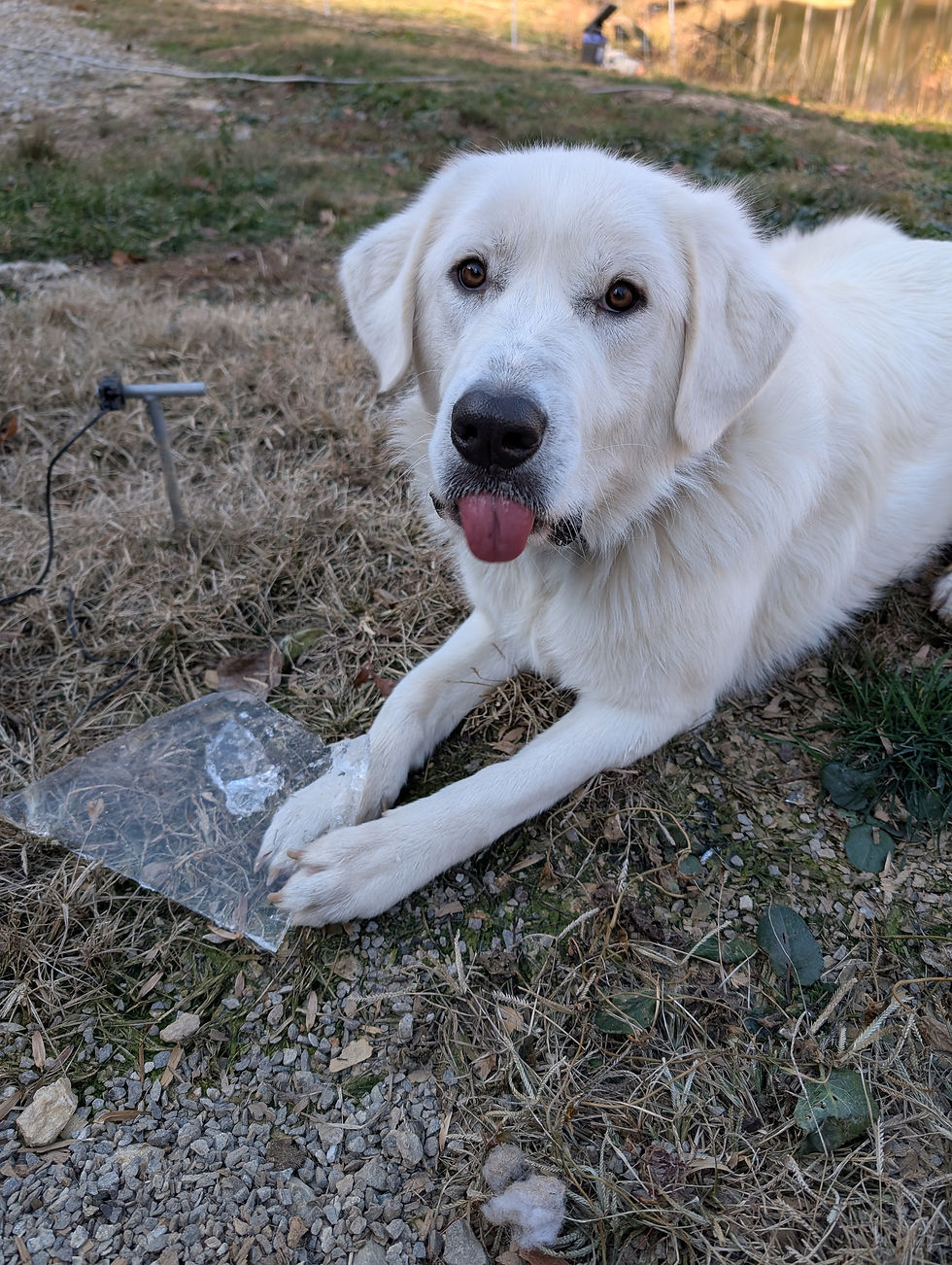Homesteading the Right Way: Lessons and Losses
- rusticrootsheritag
- Feb 4, 2025
- 3 min read

Learning to Homestead: The Importance of Studying and Finding the Right Mentors
When we first started our homesteading journey, we had big dreams, a lot of enthusiasm, and very little experience. We were eager to raise animals, grow food, and build a sustainable life, but like many new homesteaders, we quickly realized that enthusiasm alone wasn’t enough.
We’ve lost time, money, and even animals due to inexperience. Mistakes are part of the learning process, but many of ours could have been avoided if we had known where to look for the right information and the right people to learn from. That’s why one of the most important lessons we’ve learned is this: study, learn, and find good, honest mentors who truly understand what they are doing.
The Value of Good Teachers
There’s an overwhelming amount of information available today—books, videos, social media posts, and forums all offering advice on homesteading. But not all advice is good advice. Some of it is well-intended but misguided, and some of it can even be harmful. That’s why it’s crucial to learn from people with real experience and proven success in their fields.
For example, when it comes to sheep, we look to Greg Judy. His knowledge of regenerative grazing and livestock management has been invaluable. We’ve learned how to manage pastures effectively, work with nature instead of against it, and ensure our soon to be sheep will be healthy and productive. Without his guidance, we likely would make costly mistakes that could set us back years.
For chickens, Harvey Ussery has been our go-to expert. His deep understanding of poultry care, natural feeding systems, and integrated homesteading has helped us create a flock that thrives. Raising chickens isn’t just about giving them feed and collecting eggs—it’s about understanding their needs, behaviors, and how they fit into the larger homestead system. Harvey’s common sense approach makes it manageable.
For overall regenerative homesteading principles, we study Joel Salatin, The Farm and Forge, and Sheraton Park Farms. Their insights into soil health, pasture management, and diversified farming have shaped the way we approach everything we do. Their emphasis on working with nature, rather than trying to control it, has helped us build a more resilient and productive homestead.
Learning from Experience (and Mistakes)
Homesteading is a lifelong learning process. No matter how much we study, there will always be new challenges to overcome. But by following the guidance of those who have already walked this path, we can avoid many common pitfalls and set ourselves up for success.
We’ve learned the hard way that rushing into things without proper knowledge can lead to heartbreak. Losing animals due to preventable mistakes is one of the hardest lessons to learn. That’s why we now take the time to study before making big decisions. We research, watch, listen, and, most importantly, apply what we learn in a thoughtful way.
Build Your Homestead with a Strong Foundation
If you’re just starting your homesteading journey, our biggest advice is this: find experienced, trustworthy people to learn from. Look for those who practice what they preach, have years of experience, and are willing to share both their successes and their failures. Good mentors can save you from making costly mistakes and help you build a strong foundation for your homestead.
We’re still learning every day, and we love sharing our journey with others who are also passionate about this way of life. Whether you’re raising animals, growing food, or simply working toward a more self-sufficient lifestyle, remember—learning never stops, and the right teachers make all the difference.



Comments